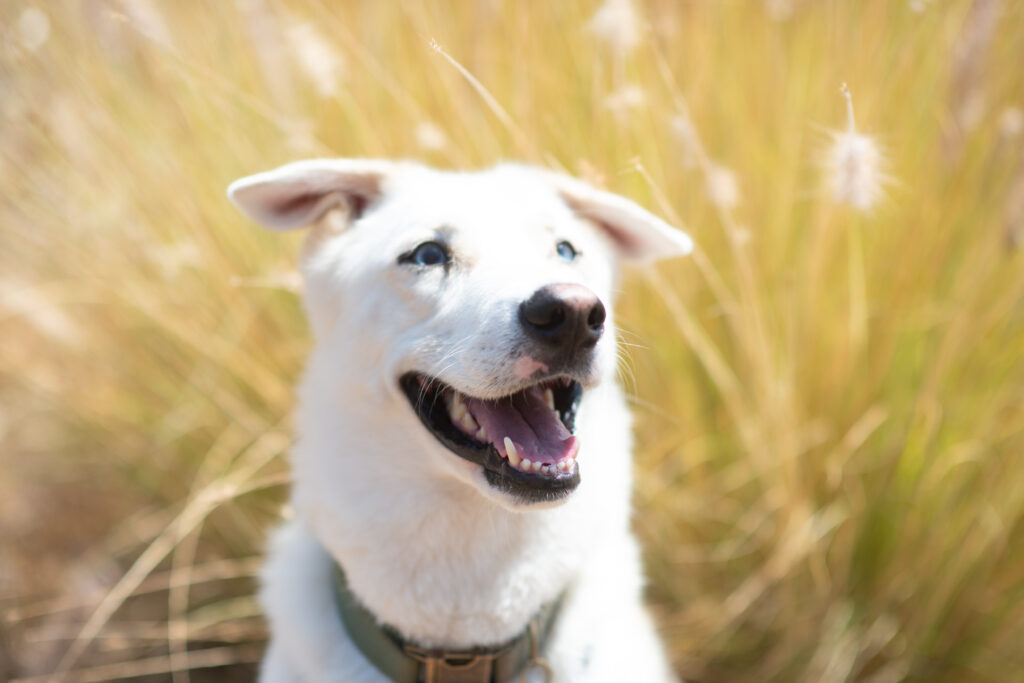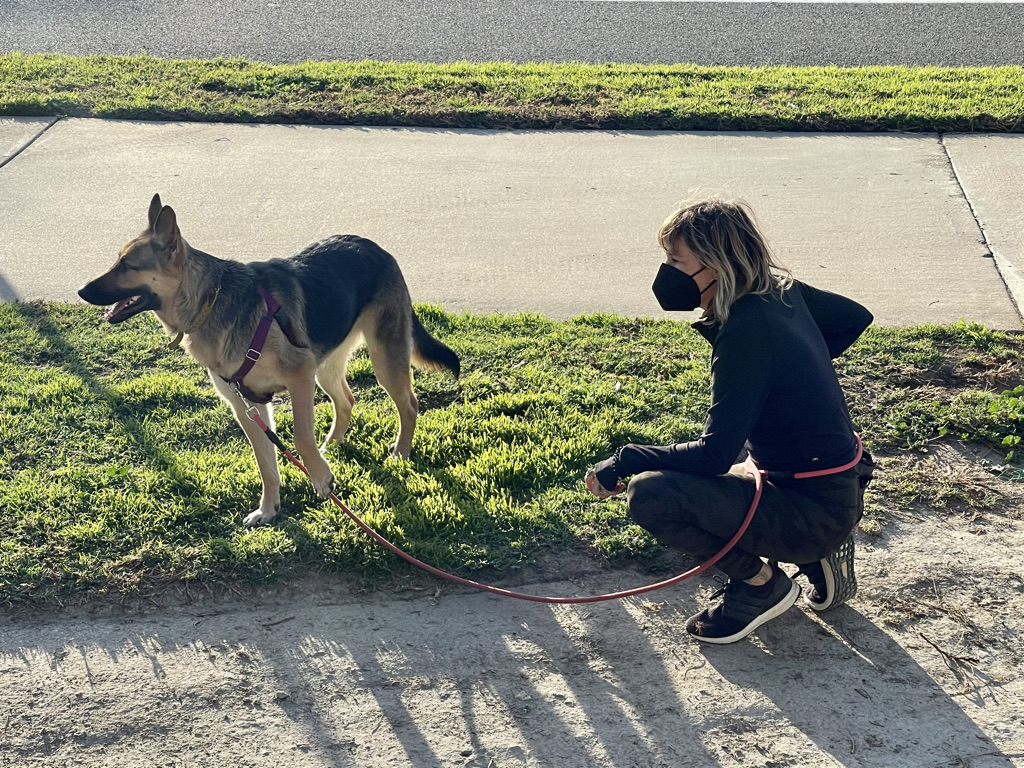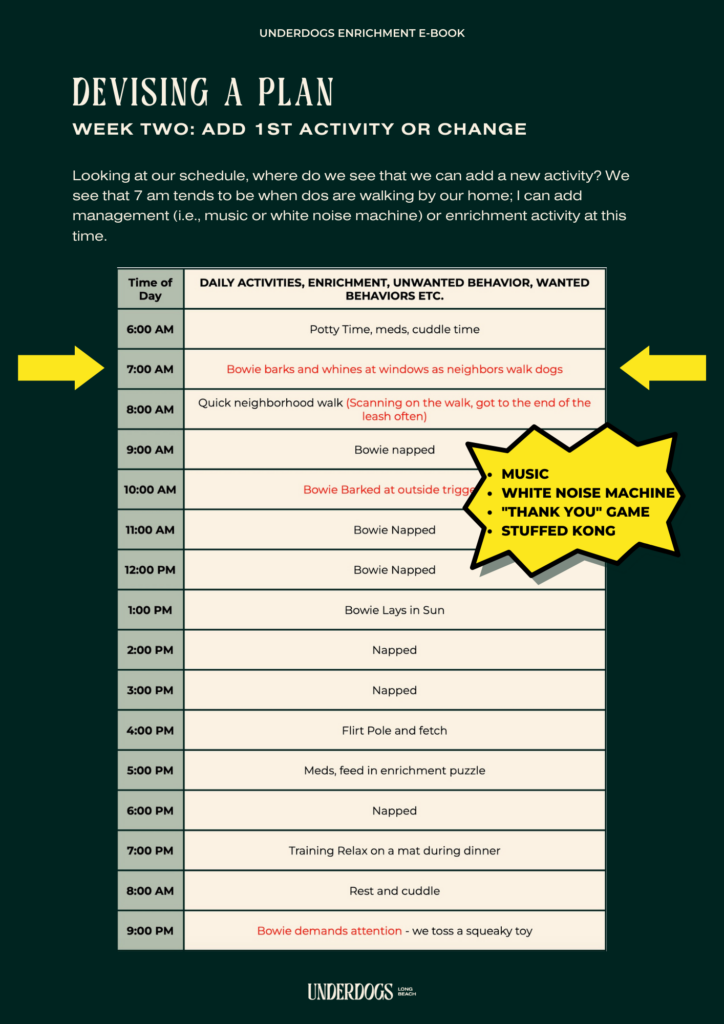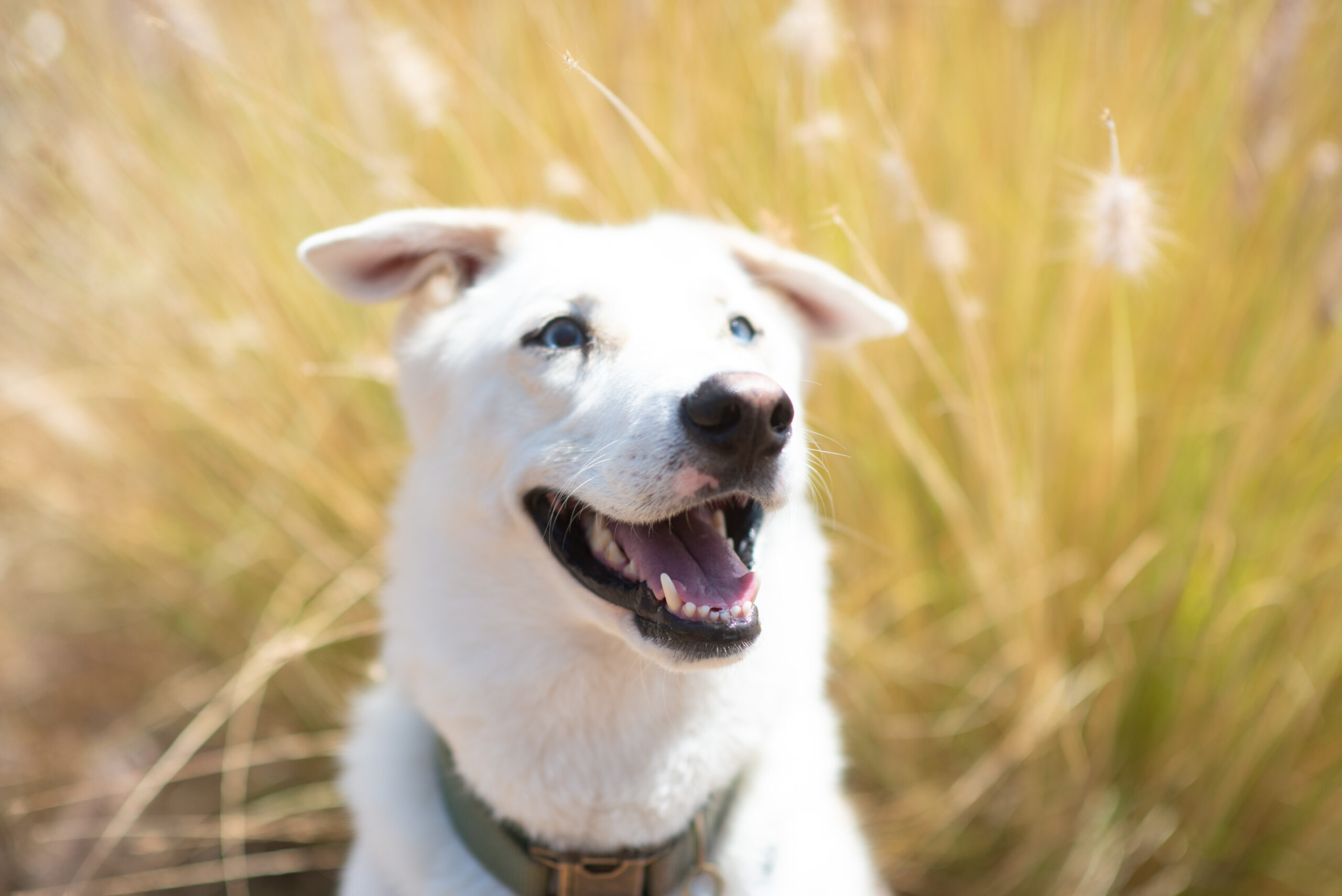What you need to do BEFORE you go on a walk with your dog!
Loving and caring for our dogs involves more than just the basics. We must delve deeper into understanding their unique requirements to meet their needs. Like humans, dogs have distinct needs, behaviors, and preferences. In this blog post, we explore the significance of comprehending your canine companion’s needs and how it plays a pivotal role in their overall well-being and behavior.

Unlocking the Secrets to a Happy Dog:
Dr. Susan Friedman once said, “The behavior of individuals is always a study of one. The key to changing behavior is changing conditions.” These words resonate deeply for us. When it comes to understanding and addressing common leash-related issues, such as pulling, barking, reactivity, and fearful behavior, that many dog owners encounter during walks, we examine this with a scientific lens.
Common Misconceptions:
We often hear some well-intentioned but misguided comments from dog owners, such as:
- “My dog is super hyper, so I run them daily.”
- “A tired dog is a happy dog or a ‘good’ dog.”
- “I don’t let my dog walk in front of me.”
- “I walk my dog on a short leash.”
- “My dog’s only daily routine is a neighborhood walk.”
These comments reflect dog guardians’ challenges in understanding their pet’s needs and behaviors. Let’s break down these misconceptions and shed light on better approaches.
1. Running a Hyper Dog:
Excessive running can be detrimental to some dogs, especially if they have physical limitations or become emotionally stressed. Understanding your dog’s energy level and consulting with a veterinarian is essential.
2. The Tired Dog Myth:
The idea that a tired dog is always a happy or well-behaved one oversimplifies their complex needs. Dogs require mental stimulation, individualized care, and a balance of activities for their overall well-being.
3. Walking Positions:
Forcing a dog to walk behind you due to dominance theories is outdated and doesn’t align with modern, positive reinforcement-based training methods. Dogs should be allowed to move freely, explore, and behave like dogs during walks.
4. Short Leash Challenges:
Walking a dog on a short leash can limit their freedom and create tension. Consider longer leashes or loose leash walking techniques for a more comfortable and enriching experience.
5. Beyond Neighborhood Walks:
A neighborhood walk alone may not meet all your dog’s needs. To keep them happy and healthy, incorporate exercise, mental stimulation, training, enrichment, social interaction, and variety into their daily routine.

Meeting Your Dog’s Needs:
Understanding your dog’s needs and behaviors is the first step to improving their well-being and behavior. Start by keeping a journal of their behaviors, identifying the underlying needs behind undesirable behaviors, and introducing new management, activities or training to address those needs. Tailor your approach to your dog’s unique requirements and body language, and consider the multitude of enrichment activities available.

Taking the Next Step with Enrichment and Training:
If you’re looking for more guidance, consider exploring our enrichment eBook. It’s packed with valuable insights and practical tips on creating an enriching environment for your furry friend.
Additionally, if you’re facing specific challenges with your dog’s behavior or need personalized training, our remote and in-person training services are designed to address your dog’s individual needs. Our experienced trainers can work with you to develop a customized plan that ensures your dog thrives mentally and physically.
Conclusion:
Caring for your dog goes beyond the basics. By understanding and catering to their individual needs, you can ensure they lead happy, enriched lives. Remember, there’s no one-size-fits-all solution when it comes to dog training and behavior. It’s all about changing conditions to meet your dog’s unique needs and personality, resulting in a stronger bond between you and your furry companion.
Have any questions?? Let us know in the comments!
Leave a Reply Cancel reply
Underdogs Long Beach uses force-free dog training methods to build relationships between dogs and owners.
© Underdogs long beach | Legal

Hello my name is Blake. I have a 10 month old Shiba Inu. She is full of energy and likes to get into everything. Once in a while I will take her on the beach and have her chase me. Another way for her to get exercise is by throwing a mini tennis ball with my friends or family. After her exercise I give her a toy that has a treat in it and have her think on how to get the treat out of the toy. Next she relaxes and lies down on her bed. I try to take her out at least 4 times out of the week, since she is stuck at the house.
Hi Blake,
Shiba Inu’s are such smart dogs! They typically need mental enrichment, like nose work and training games that keep their brains working.
This can help them to relax so much more! Good job so far!
-Jill